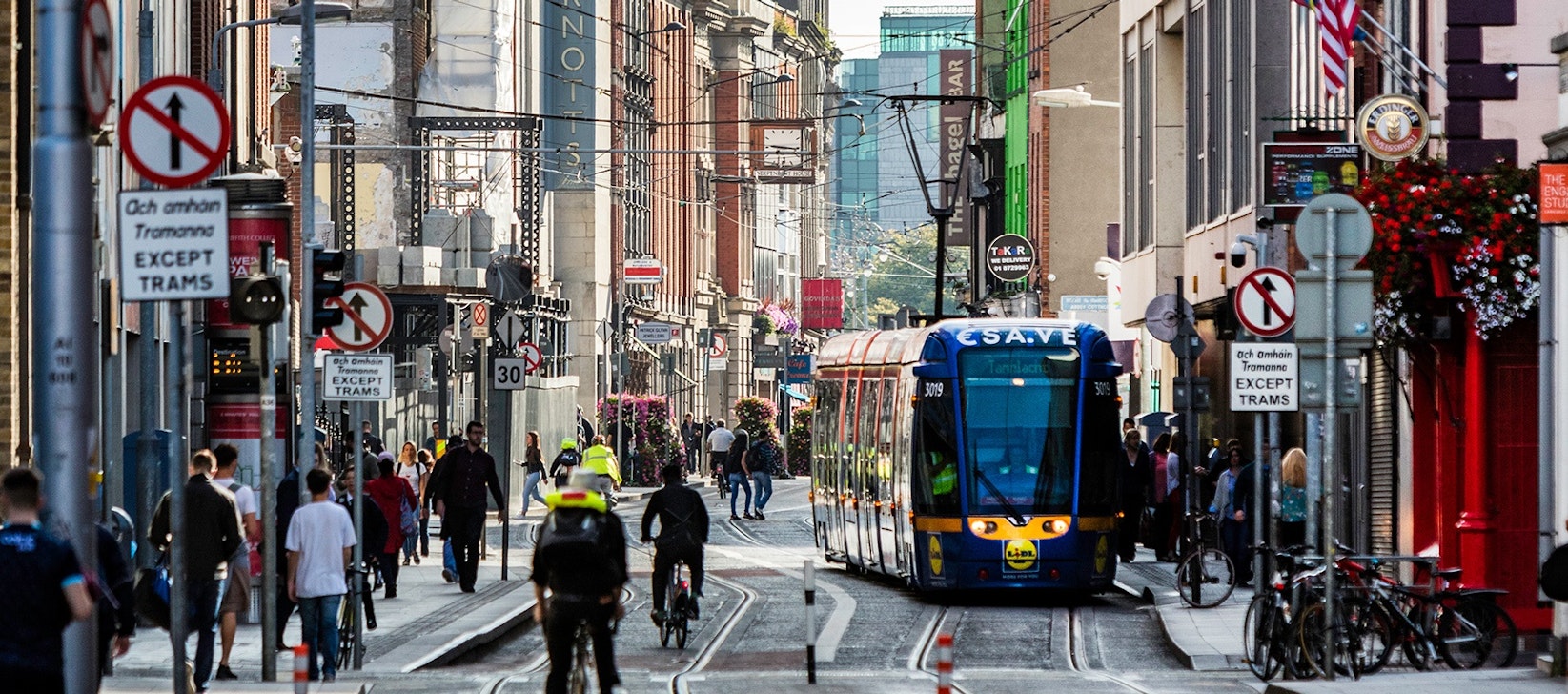The latest Dublin PMI survey shows that the re-imposition of COVID-19 lockdown measures at the start of 2021 had a severe impact on business activity in Dublin’s private sector in Q1
The survey, produced by IHS Markit for Dublin City Council, shows that the overall business activity measure fell to 40.4. This indicates severe contraction although at a lesser extent than in Q2 2020 during the first lockdown. Business activity also decreased sharply across the Rest of Ireland.
All three monitored sectors posted reductions in business activity. This was led by construction where all but essential work was prohibited. Lesser reductions were seen across the manufacturing and services categories.
Dublin & Ireland PMI
COVID-19 restrictions also caused a steep drop in new orders at Dublin companies in the first quarter of 2021. This decline was the sharpest since Q2 2020 but was much softer than that seen during the first lockdown.
Following three successive quarters of job cuts, employment increased marginally in Dublin in Q1. This is despite declining workloads and suggests that firms opted to retain staff ahead of the expected easing of restrictions. However, this was not the case for the Rest of Ireland which saw a reduction in staffing levels.
While business activity in the capital remained severely curtailed in Q1 there were some signs of confidence as indicated by the stabilisation in employment. The gradual reopening of the economy, starting with construction this month, should help business activity levels to recover in Q2.
Commenting on the PMI, Andrew Harker, Economics Director at IHS Markit said:
“The strict COVID-19 lockdown in Ireland at the start of 2021 meant further woe for companies in Dublin. Restrictions led to steep reductions in both output and new orders, albeit ones that were less marked than seen during the worst of the pandemic in the second quarter of last year.
One positive from the latest set of results was a stabilisation of employment. Firms are seemingly deciding to look through the restrictions in the hope of better days ahead as the planned easing of COVID-19 controls and the ongoing vaccination programme help the economy to reopen.”





